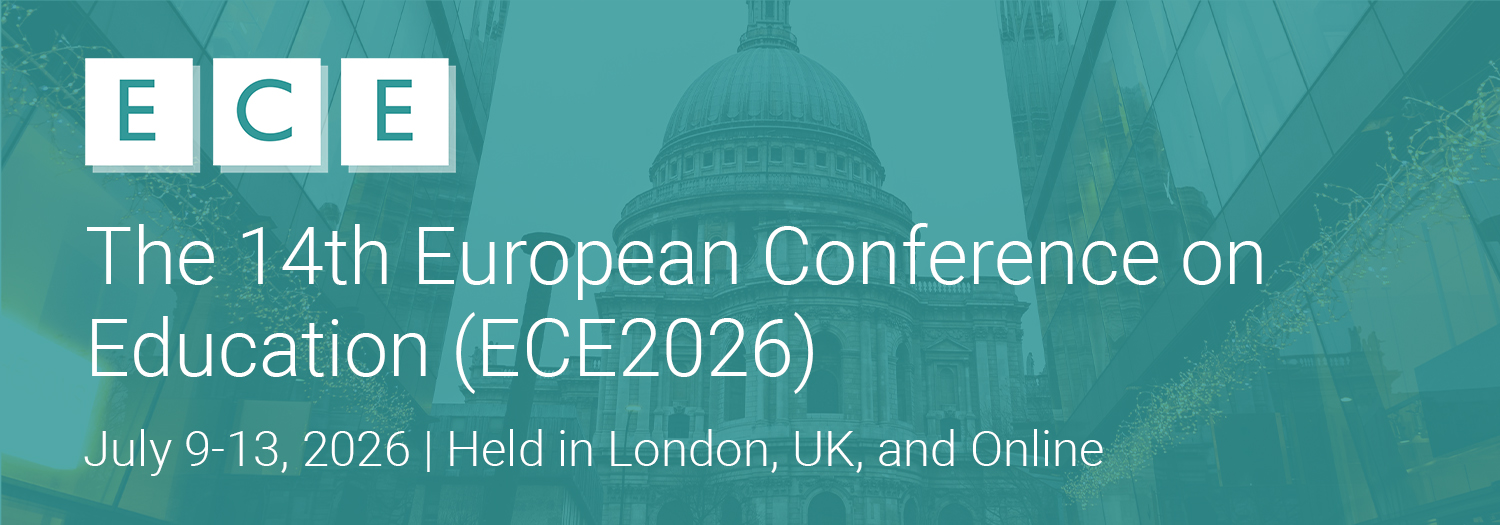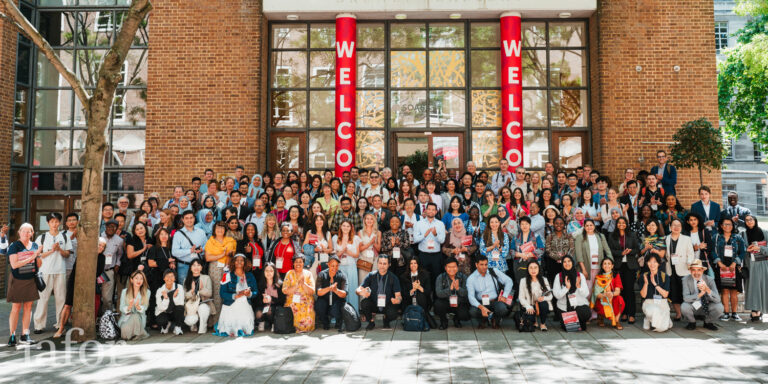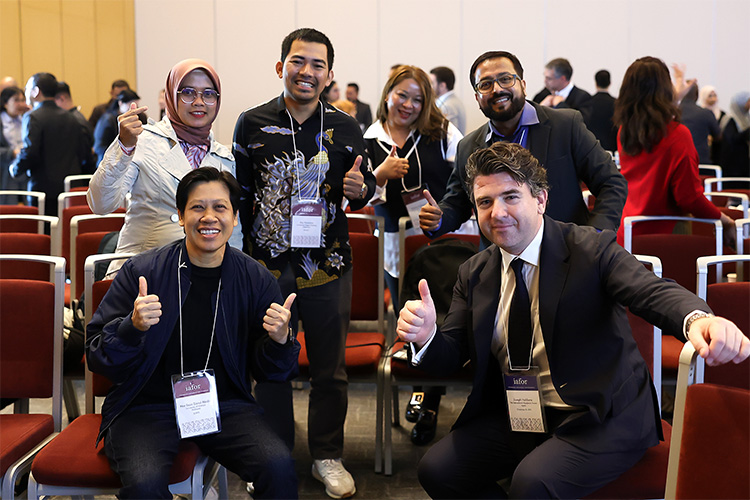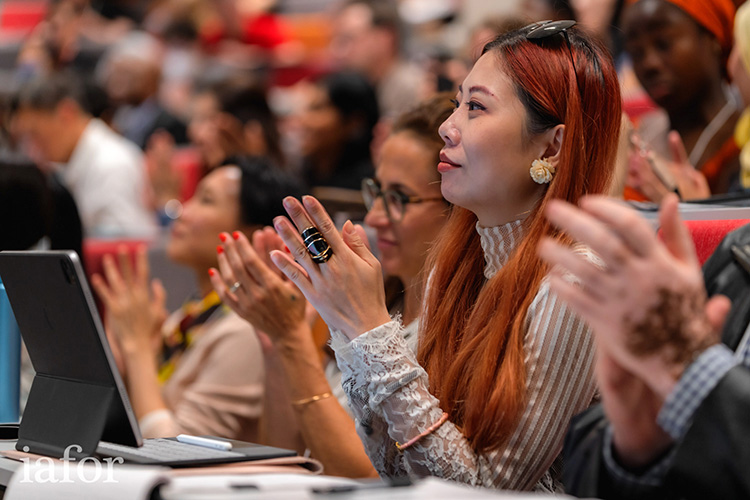The 14th European Conference on Education (ECE2026)
Join us in London (and online) for ECE2026!
July 09-13, 2026 | SOAS and University College London (UCL), United Kingdom & Online
Welcome to The 14th European Conference on Education (ECE2026), held in partnership with Birkbeck, University of London, the IAFOR Research Centre at the Osaka School of International Public Policy (OSIPP) at The University of Osaka, and in affiliation with University College London (UCL).
ECE encourages academics and scholars to meet and exchange ideas and views in an international forum stimulating respectful dialogue. This event will afford an exceptional opportunity for renewing old acquaintances, making new contacts, networking, and facilitating partnerships across national and disciplinary borders.
Since its founding in 2009, IAFOR has brought people and ideas together in a variety of events and platforms to promote and celebrate interdisciplinary study, and underline its importance. IAFOR continues to engage in many cross-sectoral projects across the world, including those engaging leading universities (Virginia Tech, University College London (UCL), Singapore Management University (SMU), University of Belgrade, Lingnan University, University of Barcelona, and the University of Hawai’i), think tanks, research organisations and agencies (the East-West Center, The Center for Higher Education Research, The World Intellectual Property Organization), and collaborative projects with governments, international governmental organisations (Government of Japan through the Prime Minister’s Office, the United Nations in New York), and media agencies (The Wall Street Journal, JWT, HarperCollins).
With the IAFOR Research Centre at The University of Osaka, we have engaged in a number of interdisciplinary initiatives we believe will have an important impact on domestic and international public policy conversations and outcomes.
IAFOR's unique global platform facilitates discussion around specific subject areas, with the goal of generating new knowledge and understanding, forging and expanding new international, intercultural and interdisciplinary research networks and partnerships. We have no doubt that ECE2026 will offer a remarkable opportunity for the sharing of research and best practice and for the meeting of people and ideas.
The 14th European Conference on Education (ECE2026) is an interdisciplinary conference held alongside The 14th European Conference on Arts & Humanities (ECAH2026) and The 6th European Conference on Aging & Gerontology (EGen2026). Registration for any of these conferences will allow delegates to attend sessions in the others. In keeping with our mission, we open the plenary sessions to all delegates across the conferences. We do this as every individual delegate has their own different overlapping interests.
We look forward to seeing you in London and online!
– The Conference Programme Committee
- Location & Venues: SOAS & University College London, UK
- Dates: Thursday, July 09, 2026 to Monday, July 13, 2026
- Early Bird Abstract Submission Deadline: February 13, 2026*
- Final Abstract Submission Deadline: April 17, 2026
- Registration Deadline for Presenters: May 22, 2026
*Submit early to take advantage of the discounted registration rates. Learn more about our registration options.
Speakers
To be announced
IAFOR's Conference Themes for 2025-2029
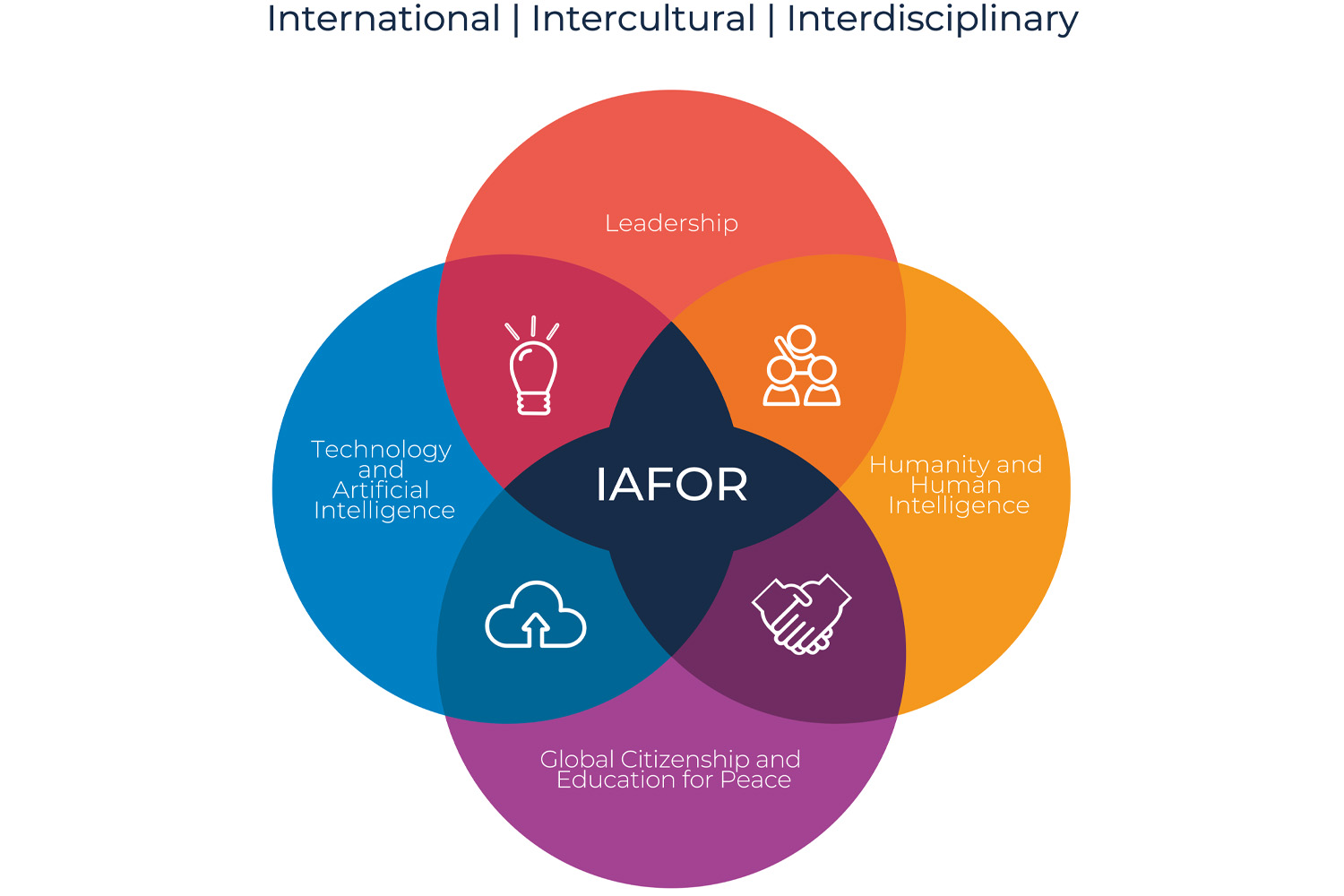
Our four themes can be seen as standalone themes, but they are also very much in conversation with each other. Themes may be seen as corollaries, complementary, or in opposition/juxtaposition with each other. The themes can be considered as widely as possible and are designed, in keeping with our mission, to encourage ideas across the disciplines.
Read Last Year's Conference Report
Conference News
Sponsorship & Exhibition
About IAFOR’s Education Conferences
IAFOR promotes and facilitates new multifaceted approaches to one of the core issues of our time, namely globalisation and its many forms of growth and expansion. Awareness of how it cuts across the world of education, and its subsequent impact on societies, institutions and individuals, is a driving force in educational policies and practices across the globe. IAFOR’s conferences on education have these issues at their core. The conferences present those taking part with three unique dimensions of experience, encouraging interdisciplinary discussion, facilitating heightened intercultural awareness and promoting international exchange. In short, IAFOR’s conferences on education are about change, transformation and social justice. As IAFOR’s previous conferences on education have shown, education has the power to transform and change whilst it is also continuously transformed and changed.
Globalised education systems are becoming increasingly socially, ethnically and culturally diverse. However, education is often defined through discourses embedded in Western paradigms as globalised education systems become increasingly determined by dominant knowledge economies. Policies, practices and ideologies of education help define and determine ways in which social justice is perceived and acted out. What counts as "education" and as "knowledge" can appear uncontestable but is in fact both contestable and partial. Discourses of learning and teaching regulate and normalise gendered and classed, racialised and ethnicised understandings of what learning is and who counts as a learner.
In many educational settings and contexts throughout the world, there remains an assumption that teachers are the possessors of knowledge which is to be imparted to students, and that this happens in neutral, impartial and objective ways. However, learning is about making meaning, and learners can experience the same teaching in very different ways. Students (as well as teachers) are part of complex social, cultural, political, ideological and personal circumstances, and current experiences of learning will depend in part on previous ones, as well as on age, gender, social class, culture, ethnicity, varying abilities and more.
IAFOR has several annual conferences on education across the world, exploring common themes in different ways to develop a shared research agenda which develops interdisciplinary discussion, heightens intercultural awareness and promotes international exchange.
Call for Papers
The ECE Conference Programme Committee welcomes papers from a wide variety of interdisciplinary and theoretical perspectives, and submissions are organised into the following streams:
- Teaching & Learning
- Educational Structures
- Community & Society
- Language & Culture
- Psychology, Mind & Brain
- Innovation & Technology
- Special Themes and Areas of Focus
About IAFOR
"Inspiring Global Collaborations"
Founded in 2009, The International Academic Forum (IAFOR) is a mission-driven politically independent non-partisan and non-profit organisation dedicated to encouraging interdisciplinary discussion, facilitating intercultural awareness and promoting international exchange, principally through educational interaction and academic research. Based in Japan, its main administrative office is in Nagoya, and its research centre is in the Osaka School of International Public Policy (OSIPP), a graduate school of The University of Osaka. IAFOR runs research programs and events in partnership with universities, think tanks, and other associations. Through its international, intercultural and interdisciplinary conferences, research, and publications, IAFOR is a network hub for interdisciplinary discussion across Asia and beyond.
Read more about IAFOR.
